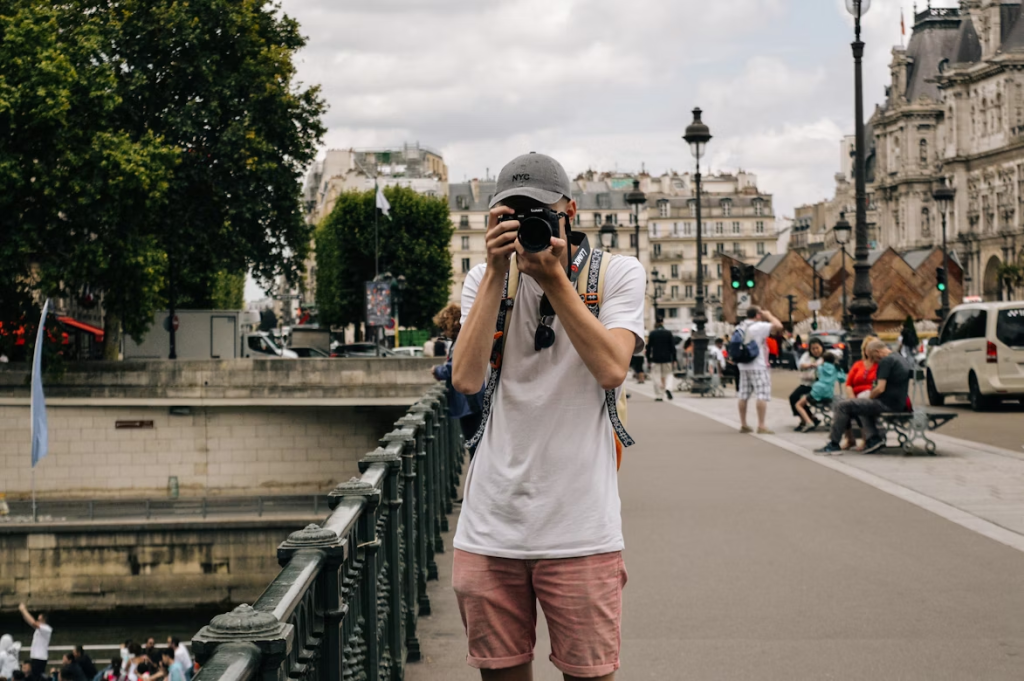
Here on vacation, a minor injury can feel overwhelming, but sometimes it’s more serious than you expect. Whether you’re visiting from Orlando, Miami, or further afield, injuries that occur in Port St. Lucie—during a beach walk, hotel stay, or restaurant visit—can still give rise to legal claims. If you’re unfamiliar with Florida’s laws, an injury during your trip may leave you feeling disoriented and unsure where to turn. Consulting a personal injury lawyer serving Port St. Lucie who handles cases involving out-of-state clients can help you understand your options and ensure your right to compensation isn’t lost due to unfamiliarity.
Tourists often assume they have no legal standing in another state, but Florida law applies equally to visitors and residents. Whether injured by a reckless driver, a hazardous sidewalk, or a defective product bought locally, tourists may still pursue claims under the same standards. Understanding insurance coverage, applicable deadlines, and potential liability is essential for visitors eager to protect their well-being and financial interests.
Common Injury Scenarios for Visitors
Tourists in Port St. Lucie face a variety of hazards—some unique to vacationers. Inexperienced swimmers may slip on pool decks at resorts, renters unfamiliar with local roads may be involved in car crashes, or visitors might trip over uneven pavement near downtown shops or marinas. Often, these incidents happen outside homeowners’ or renters’ insurance coverage and may not be eligible for local liability waivers.
Accidents in public spaces such as parks, boardwalks, or mall parking lots can involve premises liability claims if the property owner failed to maintain safe conditions. Insurance claims may be handled differently for tourists, especially when foreign health care or travel insurance is involved. That’s why working with an attorney familiar with tourist claims ensures nothing is overlooked.
Insurance Options and Coverage Considerations
As a tourist, you may have multiple layers of potential benefits:
- Travel insurance, which may cover emergency medical costs or trip interruption.
- Health insurance, if applicable in the U.S., and activated for out-of-state care.
- Auto insurance, if you were injured in a rental or private vehicle crash.
- Homeowner or renters insurance, which sometimes extends liability coverage—but not always.
Understanding how these policies intersect with Florida’s no-fault system is crucial. You may be eligible for Personal Injury Protection (PIP) via auto policies if you were a passenger or injured in a vehicle; however, PIP coverage reduces with out-of-state treatment. Tourist victims must often coordinate with multiple insurers—making early legal coordination essential.
Steps Tourists Should Take After an Accident

Immediate steps help preserve both your health and your claim, especially for visitors unfamiliar with local processes. Firstly, document everything: photographs of injuries, accident location, signage, and any contributing hazards such as debris or wet floors. Collect witness information, including contact details, and request an incident report from the property or facility where the accident occurred.
Next, seek medical care at an emergency room or urgent care that accepts out-of-state patients. Obtain copies of treatment records with diagnoses and treatment recommendations. Save all receipts, lodging documentation, and travel schedules to support claims for lost time or disrupted plans. Finally, avoid making recorded statements to insurers or signing waivers before consulting professional guidance, as these can limit your rights unknowingly.
Understanding Florida’s Statute of Limitations
Florida law generally allows tourists two years from the date of injury to file a personal injury claim, even if you’ve returned home. This includes third-party lawsuits related to property damage, negligence, or medical malpractice. If your accident involves a government entity—such as a city-maintained boardwalk or public roadway—you must submit a written “notice of claim” within six months, or your entire case could be barred.
Time zones and distance can make these deadlines seem confusing for out-of-state visitors. Retaining legal representation early helps you remain compliant and prioritizes evidence preservation.
How Legal Representation Helps Visitors
When you’re away from home, legal matters can feel overwhelming, especially if your injuries prevent you from traveling or returning promptly. An experienced legal advocate can coordinate with local providers, obtain necessary filings on your behalf, and negotiate with insurers while you focus on recovery.
A lawyer familiar with tourist cases will ensure your documentation is complete, your deadlines are met, and any travel disruptions are considered in your claim. Whether you need reimbursement for medical care, lost vacation time, or property damage, they help unify your evidence so your case isn’t hampered by distance.
Comparative Fault and Tourist Liability
Even as a visitor, Florida’s modified comparative negligence rules apply to you. If you were partially responsible—for example, walking while distracted or failing to heed posted warnings—your recovery may be reduced accordingly. As long as your fault remains below 51%, you can still recover damages; otherwise, your claim may be dismissed.
Working with a legal professional helps ensure any assignment of fault is fair and evidence-based—not an excuse by insurers to lower compensation. Expert reconstructors, witness statements, and weather or facility hazard documentation can help clarify circumstances.
You Don’t Lose Rights Just Because You’re Not from Here

Being injured in Port St. Lucie as a tourist may feel isolating—but Florida law provides visitors the same legal protections as residents. Whether your injury involves vehicle liability, hazardous premises, or third-party negligence, you may qualify for compensation—and a personal injury lawyer serving Port St. Lucie can guide you through every step.
Don’t let distance, unfamiliarity, or paperwork ruin your opportunity to recover. If you’ve been injured while visiting Port St. Lucie, contact Frankl Kominsky Injury Lawyers for compassionate, informed legal help tailored to tourists.
About the Author
This blog was written by a legal content expert specializing in travel-related personal injury claims and visitor rights. With experience helping out-of-state clients navigate Florida’s legal timelines, insurance systems, and accident protocols, the author offers guidance that eases uncertainty while promoting informed choices. The author is not affiliated with Frankl Kominsky Injury Lawyers and provides independent analysis to empower injured visitors with confidence and clarity.
